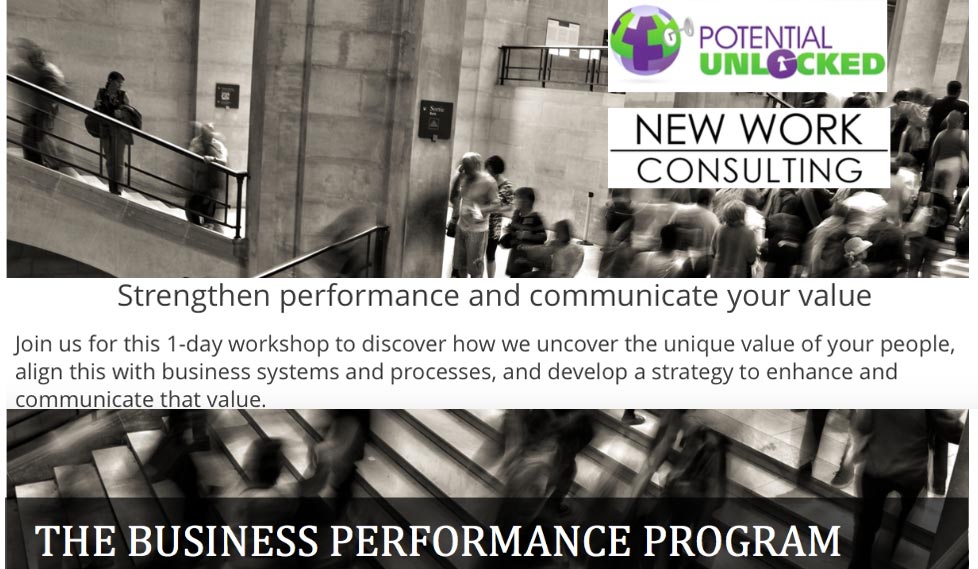Planning, Preparing and Conducting Training Workshops
Part 2: Presenting
 Image credit: Tim Napier
Image credit: Tim Napier
Things to consider when presenting
a) Meet and Greet – depending on the type of workshop have music playing as attendees start arriving; PowerPoint presentation up; posters pinned on the walls; fun stress toys on the tables; workshop material laid out and attendees signed-off as they arrive. Always remember to greet with a smile and a handshake.
b) Dress for the occasion – consider the location where the training is going to be held for example: A work site? Room at head office? No need to dress to impress, but dress for the environment and the activities to be undertaken during the training, also remember you are representing an organisation.
c) Body language – be comfortable with the way you communicate using body language. This includes the use of hands, facial expressions, oral communication, and tone of voice, how your voice is projected and how you physically stand and move around during the workshop. Practice in front of a mirror until you feel comfortable with what you see.
d) Handling difficult attendees – on the very odd occasion we as trainers end up with someone in the group, for whatever reason, who does not want to be there. Tell-tale signs can be displayed by physical body language, negative comments and interruptions. A trainer cannot let this behaviour disrupt the rest of the group so some options are:
- Try to engage by responding to the comments in a positive way (giving them recognition)
- Using your body to exclude the individual from general conversation (no eye contact can subtly have an impact on the individual)
- During a break, and not in front of others, have a word with the individual to find out what the issue is and if there is anything you can do to assist.
e) Time management - a good idea is to put start and end times and breaks up on a board and as much as possible keep to these. However, sometimes conversations start and the trainer / facilitator may decide to continue even though this puts the training program timing out; this needs to be with the whole group’s agreement. Also note - at times there may be present a rather talkative individual who will try and take over / talk over the conversation and it is the job of the trainer / facilitator to monitor and professionally manage this.
Christine Brown is founder and managing director of Potential Unlocked, a market leader in the design of management systems that meet compliance and business requirements. She holds a Bachelor of Arts (double major in Political Science and Public Sector Management); RABQSA Lead Auditor, DiSC 5 Behaviours of a Cohesive Team accreditation; Everything DiSC accreditation, TAE 40110 Cert IV Training & Assessment & TAELLN 411.
Due to her extensive knowledge and experience, Christine is trusted by her clients for her patience, understanding and her ability to interpret compliance requirements in a straightforward, uncomplicated way. She regularly facilitates in-house and public workshops, sharing her knowledge of designing simple processes and systems, communicating effectively as an auditor, building and leading teams, and risk management.
Christine’s clients range from small business and start-ups to large organisations and government departments. Covering a broad range of industries, her clients include Boral, BAE Aerospace, Geobrugg, Tenix, West Australian Police, and the Victorian Ambulance Service.
Christine’s new initiative, The Business Performance Program, assists businesses with all major areas of business that are essential for success

For any further information on contracting in an internal auditor to conduct your audits or auditor training please refer to more Audit Tips.










